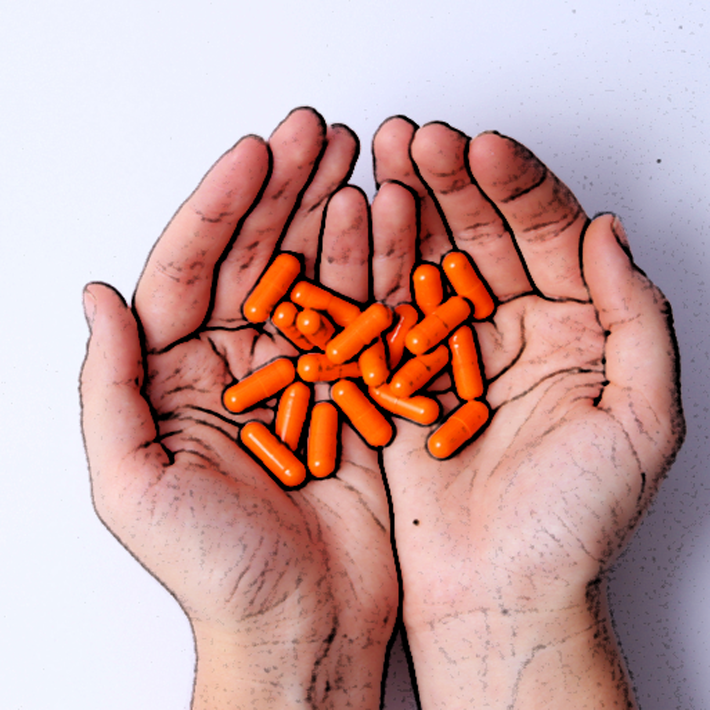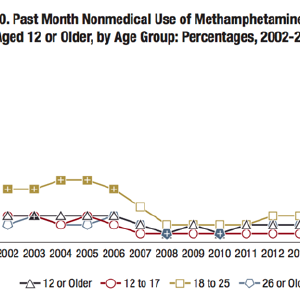Is Our “Pill-For-Everything” Mentality Damaging Our Young Adults?

In November of 2017, the New York Times published an article titled Opioids on the Quad in which they examined the widespread use of prescription drugs by college students. If you look closely, you can see the many manifestations of this problem among college students and even those who are younger. Here are a few of the outward signs:
- There are now nearly 40 recovery high schools. More than 150 colleges have established recovery programs or sober dorms to support those returning to college after getting sober.
- Colleges often offer drug prevention classes to arriving freshmen
- Many dorms and college health centers now stock the opioid reversal drug naloxone
- More residence hall managers, campus police, and college healthcare workers are receiving training in overdose prevention
Why are these measures needed? It certainly seems that while drug use on campuses ramped up in the late 1960s, it hasn’t previously been necessary to go to such lengths to save undergraduate lives.
Young Adults are Heaviest Users

Agewise, college students fit into in the peak years for drug use and overdose. According to the annual National Survey on Drug Use and Health, 23.2% of 18 to 25-year-olds in American have used a drug in the past month. For those 26 and older, the percentage is 8.9.
In America, the environment these youth are growing up in has changed dramatically in the last thirty to forty years. A few decades ago, painkillers were not handed out nearly so readily. Students were not prescribed strong stimulants to force them to focus on their studies. Dr. Andrew Kolodny, the co-director of Opioid Policy Research at Brandeis University’s Heller School for Social Policy and Management, described our current atmosphere around growing children as “a pill-for-everything culture.”
In the New York Times article, he is quoted as saying, “Today, if you grow up in a home where pills are used for every little problem, you are likely to leave for college with a lot less fear about them.” And once at college, the drug-and-alcohol-using culture can make it easy for young adults to continue to solve every problem with a drug.
While the extent of this permissive culture varies from school to school, a few high profile drug operations on well-known college campuses have torn away the veil and revealed the real situation.
- In 2008, a huge drug operation on the campus of San Diego State University resulted in the arrest of 75 students and another 21 people from the community. Five fraternities were suspended.
- In 2010, five students from “Fraternity Row” at Columbia University were arrested for dealing drugs from their residences.
- In 2017 in Oxford, Ohio, four students were arrested for dealing prescription drugs and cocaine.
Some people will trash their lives when they become involved with drug use on campus. Many will drop out of school. A few of them will fatally overdose.
Alcohol is Every Bit as Threatening
While the recent focus has swung to preventing overdoses from opioids due to the spiraling number of American deaths, alcohol has long constituted a bear trap that many undergraduates have fallen into. The best prevention efforts would be very smart to encompass both threats. If just these two threats were eliminated or at least alleviated, there would be less addiction among undergraduates, fewer deaths and injuries, less risky sex, more graduates and more success.

Alcohol is legal, available in every campus town and not only socially acceptable, it’s expected that if you’re at a campus party, surely you must want to drink.
Those 18-to-25-year-olds are also the heaviest drinkers, but not by such a wide margin. In 2016, 38.4% of this age group were past month binge drinkers. For those who are 26 and older, the percentage is 24.2.
The loss of bright young life to drugs and alcohol is appalling. Families who lose a loved one they send off to college to begin training for their future lives may never recover from this loss. It’s up to parents more than anyone else to prepare their children for college. As they do so, reviewing the family’s reliance on medications to resolve any problem that comes up could be necessary. Parents might ask themselves if their children are medicated through every illness or crisis as they grow up, why should this habit stop when they go away to college?


 ®
®